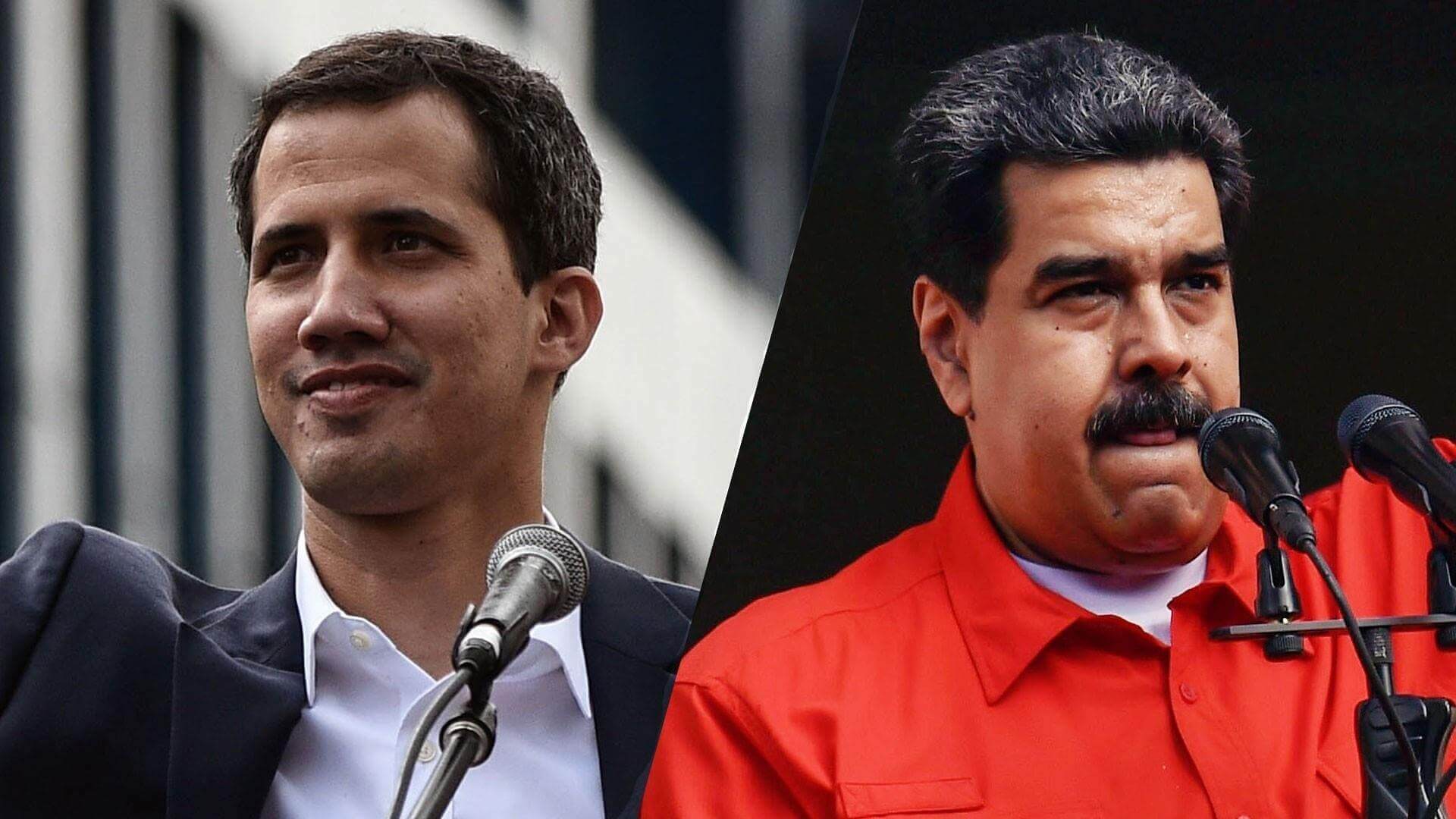Venezuelan President Nicolás Maduro and opposition leader Juan Guaidó are tussling over $1.9 billion in gold bars stashed in the Bank of England (BOE) vaults. While Maduro contends that the bars belong to his administration’s central bank, Guaidó—who is recognized by over 60 countries, including the UK, as the legitimate and interim leader—claims them as his own.
Following the Venezuelan central bank’s (BCV) decision to sue the BOE, a British commercial court is set to begin the process of evaluating whose claim is more legitimate. A decision is expected to be reached in August or September of this year.
Maduro is keen to maintain control of what represents one of the last strongholds of Venezuela’s overseas assets. While the BCV’s lawyers say the gold would be used to assist in Venezuela’s coronavirus response, Guaidó and his allies counter that Maduro would merely use this gold to pay off foreign allies. The opposition hopes that the release of the bars will also pave the way for the release of over $5 billion in state funds that is currently frozen in foreign bank accounts. The gold in the BOE represents 15% of Venezuela’s foreign currency reserves.
The current situation emerged from the aftermath of the May 2018 election, when Maduro in what is widely described as a sham election. In 2018, Maduro maintained his incumbency in 2018 after banning popular opposition leaders from running, resulting in opposition parties boycotting parliamentary elections. At the time, UK PM Boris Johnson said, “We may have to tighten the economic screw on Venezuela.” Amid the threat of sanctions, BCV president Calixto Ortega made moves to secure the 14 tons of gold stored with the BOE. However, they did not accept his authority. Soon after this episode, the reason for the BOE’s refusal came to light when the UK recognized Guaidó as the legitimate leader of Venezuela.
During the ongoing pandemic, it appears that Maduro has begun to fully understand the fragility of his regime. Aside from surviving an opposition-engineered coup attempt, Maduro has also directed the Supreme Court to appoint a new elections board ahead of this year’s parliamentary elections. He has also said that he is willing to “speak respectfully” with US President Donald Trump after Trump said, “I would maybe think about that. ... Maduro would like to meet. And I'm never opposed to meetings.” Trump has hinted that he “wasn’t necessarily in favor” of recognizing Guaidó as Venezuela’s legitimate leader, but that he did so under political pressure.
Amid this exposure of Trump’s misgivings, it has emerged that, in 2017, the state-run oil company, PDVSA, approached then-Congressman Pete Sessions to organize a meeting with the CEO of Exxon Mobil to bring the US company back to Venezuela. It appears that Venezuela may be trying to tap the type of bonhomie Trump has lavished upon Russian leader Vladimir Putin and North Korean leader Kim Jong-un.
However, Trump has since clarified that he would “only meet with Maduro to discuss one thing: a peaceful exit from power”. Whatever Trump’s underlying feelings might be, it does appear that, on the issue of Venezuela, he is malleable to the suggestions of his political allies and advisors.
Trump’s hardline stance on Venezuela and his focus on removing Maduro from power are seen by some as a move to gain support among Venezuelans in Florida. Florida is seen as a swing state in the 2020 Presidential election.
Venezuelan Leaders Battle Over $1.9 Billion in Gold Bars Stashed in Bank of England
Maduro contends that the bars belong to his administration’s central bank, BCV.
June 23, 2020

IMAGE SOURCE: NBC NEWSVenezuelan opposition leader Juan Guaidó and President Nicolás Maduro
